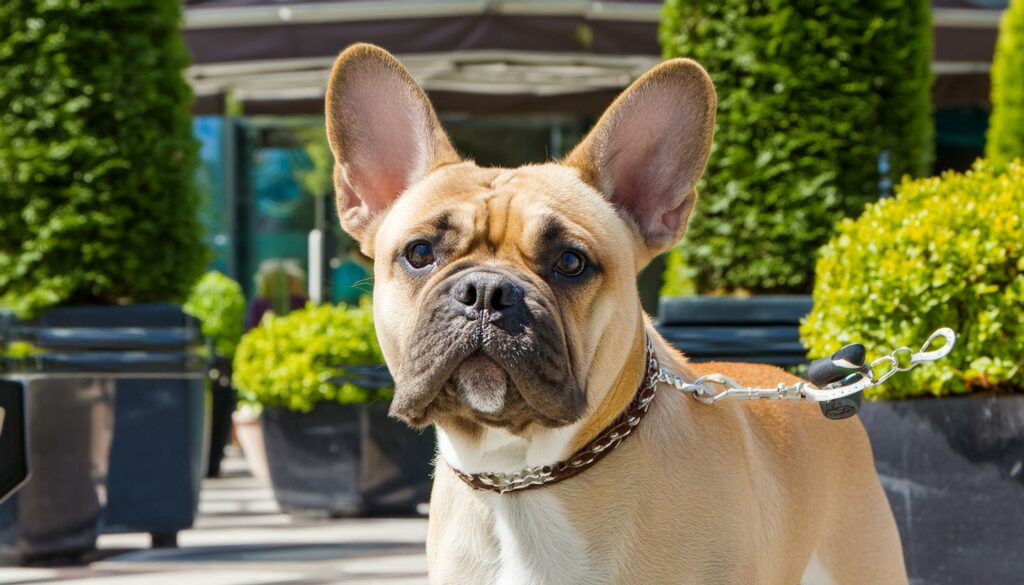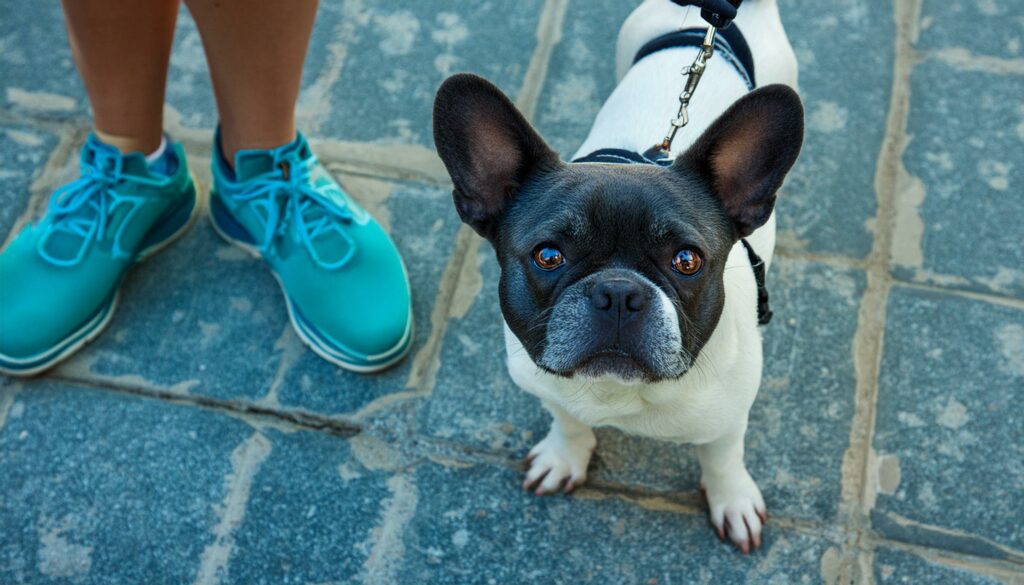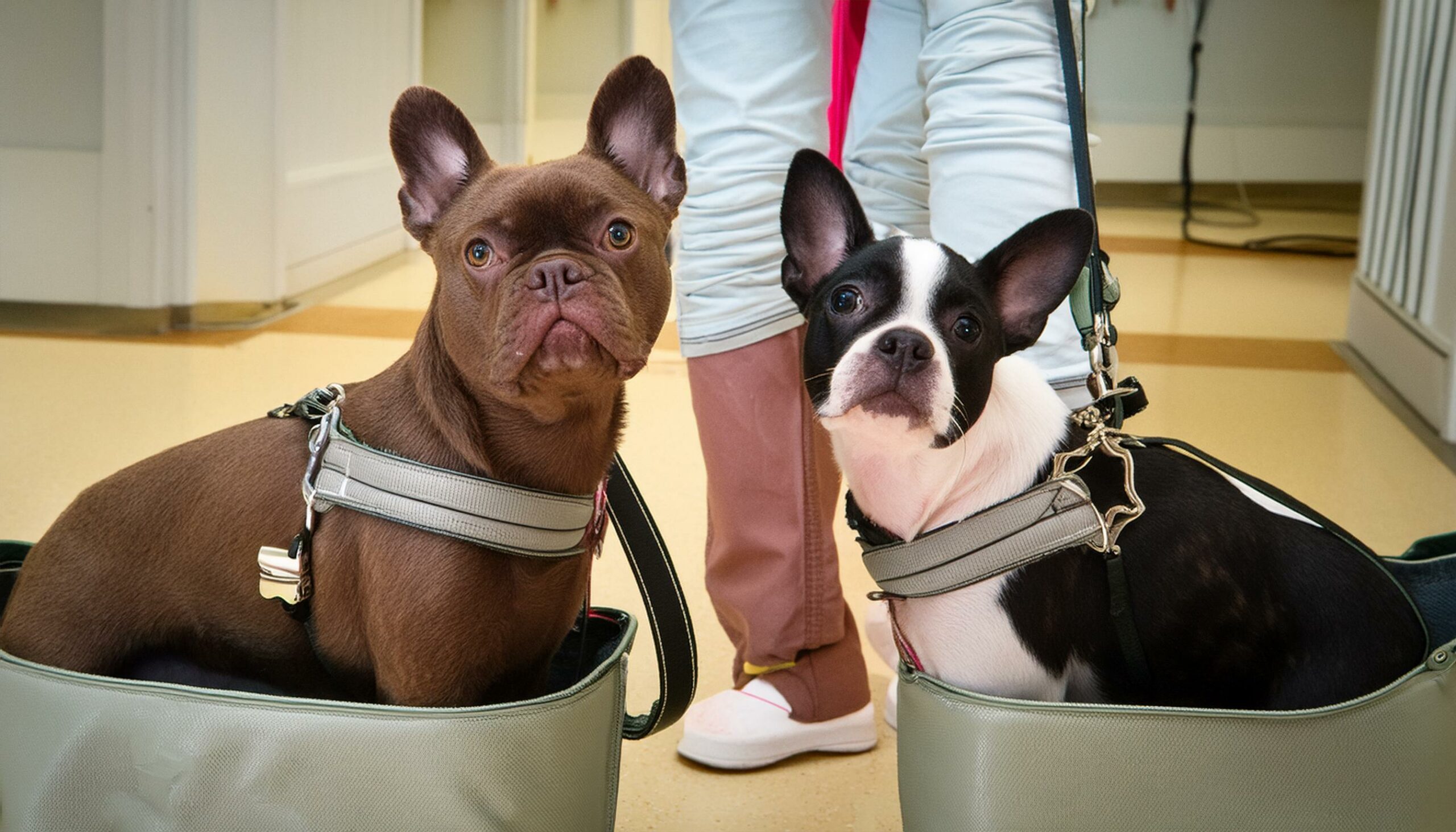French Bulldogs, often adored for their cute appearance and affectionate nature, are also known for their protective instincts. Are Frenchies truly protective, or is it just a stereotype? Let’s explore this fascinating aspect of their behavior.
Introduction
What are French Bulldogs?
French Bulldogs, or “Frenchies,” are small-sized dogs with distinctive bat-like ears and a compact build. Originally bred as companion animals, they have become popular pets known for their friendly disposition and adaptability.
Overview of their temperament
Frenchies are characterized by their affectionate, playful, and sometimes stubborn nature. Despite their small size, they have a robust personality and form strong bonds with their human companions.
Understanding French Bulldog Behavior
French Bulldogs exhibit a variety of behaviors, including loyalty, playfulness, and protectiveness.
Loyalty towards their owners
Frenchies are deeply loyal to their owners, forming strong attachments and often displaying separation anxiety when apart. This loyalty extends to protecting their loved ones from perceived threats.
Protective instincts
One of the defining traits of French Bulldogs is their protective nature. While they may not be as imposing as larger guard dog breeds, they possess a strong instinct to defend their family members and territory.
Social behavior
Despite their protective instincts, French Bulldogs are generally sociable animals. They enjoy the company of people and other pets, making them excellent companions for families and individuals.
Factors Influencing Protective Behavior

Several factors contribute to the development of a French Bulldog’s protective behavior.
Genetics
Genetics play a significant role in shaping a Frenchie’s temperament. Breeding from lines with protective traits can influence the dog’s predisposition towards guarding behavior.
Early socialization
Proper socialization during puppyhood is crucial for shaping a Frenchie’s behavior. Exposure to various people, animals, and environments helps reduce fearfulness and promotes confident, well-adjusted adults.
Environment
The environment in which a French Bulldog is raised also impacts their protective instincts. A secure and stable home environment can help instill a sense of security in the dog, reducing the need for excessive protectiveness.
Signs of Protective Behavior
French Bulldogs may exhibit several signs indicating their protective instincts are at play.
Alertness
Frenchies are naturally alert dogs and may become vigilant in the presence of strangers or unfamiliar situations. They may bark or growl to alert their owners of potential threats.
Vocalization
Barking is a common form of communication for French Bulldogs. When they perceive a threat, they may bark more frequently or intensely to deter intruders.
Physical stance
A protective Frenchie may adopt a defensive posture, standing between their owner and perceived threats or displaying signs of aggression towards potential intruders.
Managing Protective Behavior
While a Frenchie’s protective instincts can provide a sense of security, it’s essential to manage these behaviors appropriately.
Training methods
Positive reinforcement training techniques can help shape desired behaviors while discouraging unwanted ones. Teaching commands like “quiet” and “leave it” can help control barking and redirect attention away from perceived threats.
Socialization techniques
Continued socialization throughout a Frenchie’s life helps reinforce positive interactions with people and animals, reducing the likelihood of overprotectiveness or aggression towards strangers.
Creating a safe environment
Providing a secure and stable environment for your Frenchie can help alleviate anxiety and reduce the need for excessive protective behavior. Proper fencing, secure doors, and supervised outdoor time can all contribute to a sense of security for your pet.
Benefits of French Bulldog’s Protective Nature

While it’s essential to manage a Frenchie’s protective instincts, their innate desire to protect their loved ones offers several benefits.
Personal security
The presence of a protective Frenchie can provide a sense of security and peace of mind for their owners, especially in urban environments or areas with high crime rates.
Companionship
Knowing that your Frenchie is looking out for you can strengthen the bond between pet and owner, enhancing the companionship and loyalty that French Bulldogs are known for.
Conclusion
French Bulldogs are indeed protective, with instincts honed over generations of companionship and loyalty to their human families. Understanding and managing these protective behaviors is essential for fostering a happy and well-adjusted Frenchie.
FAQs (Frequently Asked Questions)
1. Are French Bulldogs good guard dogs?
French Bulldogs may not have the size or intimidation factor of traditional guard dog breeds, but their protective instincts make them effective at alerting their owners to potential threats.
2. Do French Bulldogs bark a lot?
French Bulldogs are known for their expressive vocalizations, including barking. While they may bark to alert their owners, excessive barking can be managed through training and socialization.
3. Can French Bulldogs be aggressive?
Like all dogs, French Bulldogs have the potential for aggression if not properly trained and socialized. However, with the right upbringing, they are generally friendly and well-mannered.
4. How can I train my French Bulldog to be less protective?
Positive reinforcement training techniques, combined with consistent socialization and exposure to various situations, can help reduce overprotectiveness in French Bulldogs.
5. Are French Bulldogs good with children?
French Bulldogs are known for their gentle and affectionate nature, making them excellent companions for children. However, proper supervision is always recommended to ensure the safety of both the dog and the child.
